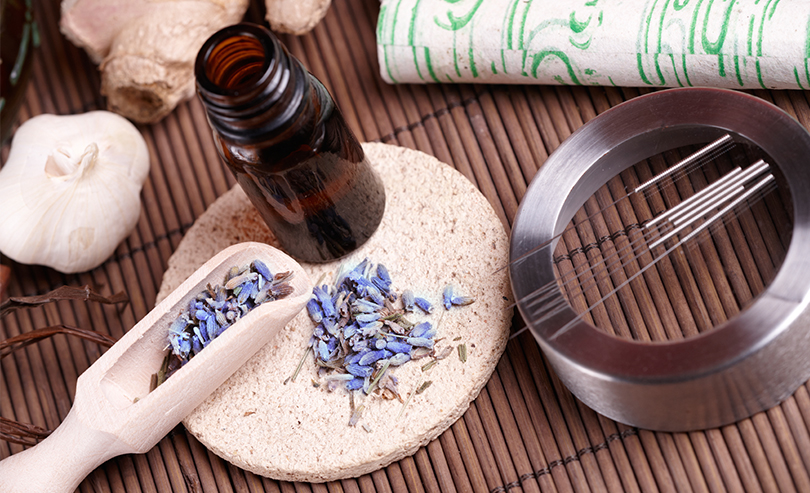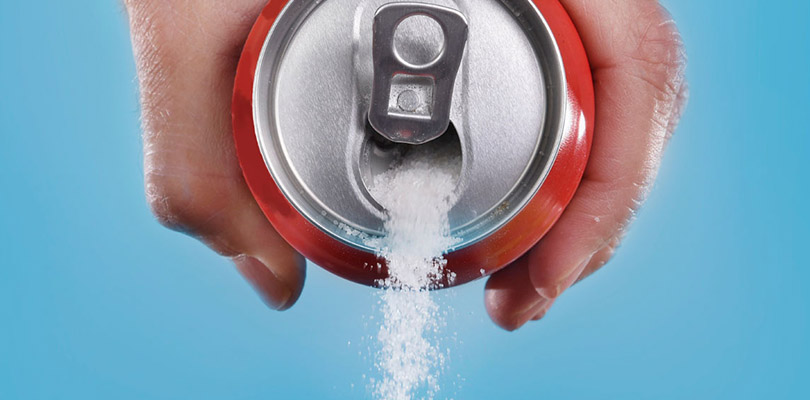Photo Credit: SIphotography / iStockPhoto.com
Learning How to Focus With ADHD
Concentration is the thing you want and need, but seems like the missing aspect that will change your life for the better. If you could just concentrate you could do better at school, or be more attentive at home, or get that promotion and accomplish your goals. Sound familiar?
Concentration is the ability to give attention or mental focus to one thought or activity at a time. Some people are born with the capability to have high levels of concentration, but others struggle due to biological and environmental factors. People most likely to find concentrating a challenge are those with attention deficit hyperactivity disorder (ADHD).
Fortunately, whether poor concentration is a symptom of ADHD, a biological predisposition, or an outcome of environmental factors, it can be improved. If you do not have the natural ability to concentrate, you must work to develop it as a skill. We've put together a few tips for concentrating with ADHD:
Reduce Outside Stressors
One of the most impactful ways your environment can influence your concentration negatively is from stress. Stress causes your attention to be broken and limited because your stressors are vying for your resources.
If sitting down to concentrate only leads to you thinking about the fight you had with your friend, your financial stress, and the health of your parents, you will benefit from addressing these stressors.
To accomplish this, set aside time to list your stressors before you plan to concentrate. Consider what can be done about each one, and what you intend to do. Giving yourself time to think about these stressors will reduce the risk of them breaking your concentration later.
Set Goals and Be Realistic
Look at your concentration as a muscle that needs to be built up. You would not expect to bench press 300 lbs. on your first attempt, so you should not expect to concentrate for three hours on your first day.
To accomplish this, set a reasonable goal for each session of concentration. If you are currently unable to focus for more than 15 minutes, use that as your baseline.
Every session, plan to expand that time by a minute or two to shape your skills in the positive direction. When you reach the goal, take a break for a few minutes to reset and restart.
Reward Your Accomplishments
Behaviors that are rewarded are more likely to continue, whereas behaviors that are punished or given no reinforcement are reduced. If you are actively working on building your concentration skills, you need to celebrate your accomplishments.
Establish a prize or treat you are interested in getting for yourself. It could be buying a new album or going out to dinner with the family.
Assign a certain value to each prize based on worth. Every time you meet your concentration goal, move yourself closer to obtaining this prize. Encourage your family to aid in the process.
The challenges ADHD presents and treatment plans often change over time. Let’s take a look at some of the most effective treatment options available.
Set the Stage
The environment you find yourself in has a large influence on how your concentration will perform. Being in a room with a crying baby, a running vacuum cleaner, and an overflowing sink will hinder even those with the highest concentration. For you, setting up the room will be key to improving your concentration.
To accomplish this, experiment with sights and sounds that aid in your attention. Some people require a noise-free room to perform well, while others benefit from music playing through headphones. Even the type of music can modify your experience.
What you’re looking at also impacts your skills. Consider clearing off your workspace from clutter that can destroy concentration. Different rooms, different times of day, and different lighting should be added into the experimentation. With some trial-and-error, you can find the best balance for your needs.
Find Your Fidget
Many people, with and without ADHD, benefit from a fidget. A fidget is usually a small item that you interact with that boosts your concentration. Fidgets can go further, though. Having a drink or a snack can add some sensory stimulation that will improve your concentration as well.
To accomplish this, begin to learn more about fidgets and possible options. Some people fiddle with paperclips, doodle, or chew on pencils to boost their attention. One or all of these can work for you.
Drinking a glass of hot tea can alert your senses, as well. Be aware, though; relying on only one fidget can lead to it losing its effectiveness. Instead, use a variety to maintain good results.
Mindfulness
Mindfulness is the act of being aware of your current situation, physical state, and psychological wellbeing. What are you thinking about? What do you hear? What does your mouth feel like?
By focusing on your status, you work to ignore thoughts of the past or worries about the future. Mindfulness is interested in only one thing at a time, which will reduce the tendency to multitask, which is a sure concentration killer.
To accomplish this you will need a lot of practice. Sit in a room with limited distractions and begin to scan your body — pay attention to how it is feeling. Notice what information it is giving you. Use all of your senses to be aware, focused and grounded in the moment before attempting any tasks that require concentration.
Medications
The truth is that building concentration takes a lot of work. Sometimes the path of least resistance could be the best fit for you.
Medications to improve concentration are available in both stimulant and nonstimulant forms. Many medications have the risk of side effects, but they are generally low and end when the medication is stopped.
However, medication does not have to be the only answer. It can make the above methods work even better.
To accomplish this, contact your doctor and/or counselor to be evaluated for your concentration concerns. Provide all of your symptoms and follow their recommendations.
Lack of concentration in your life can be a major barrier to success and happiness. Rather than becoming stuck and frustrated by the unfairness of the situation, work to build your skills. With the right combination of effective practice and perseverance, you can attain the concentration you though impossible.







